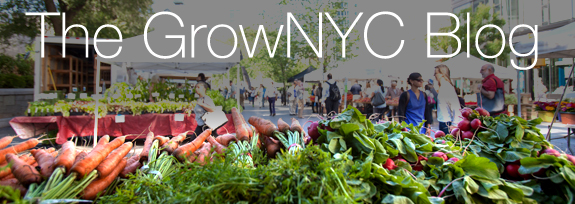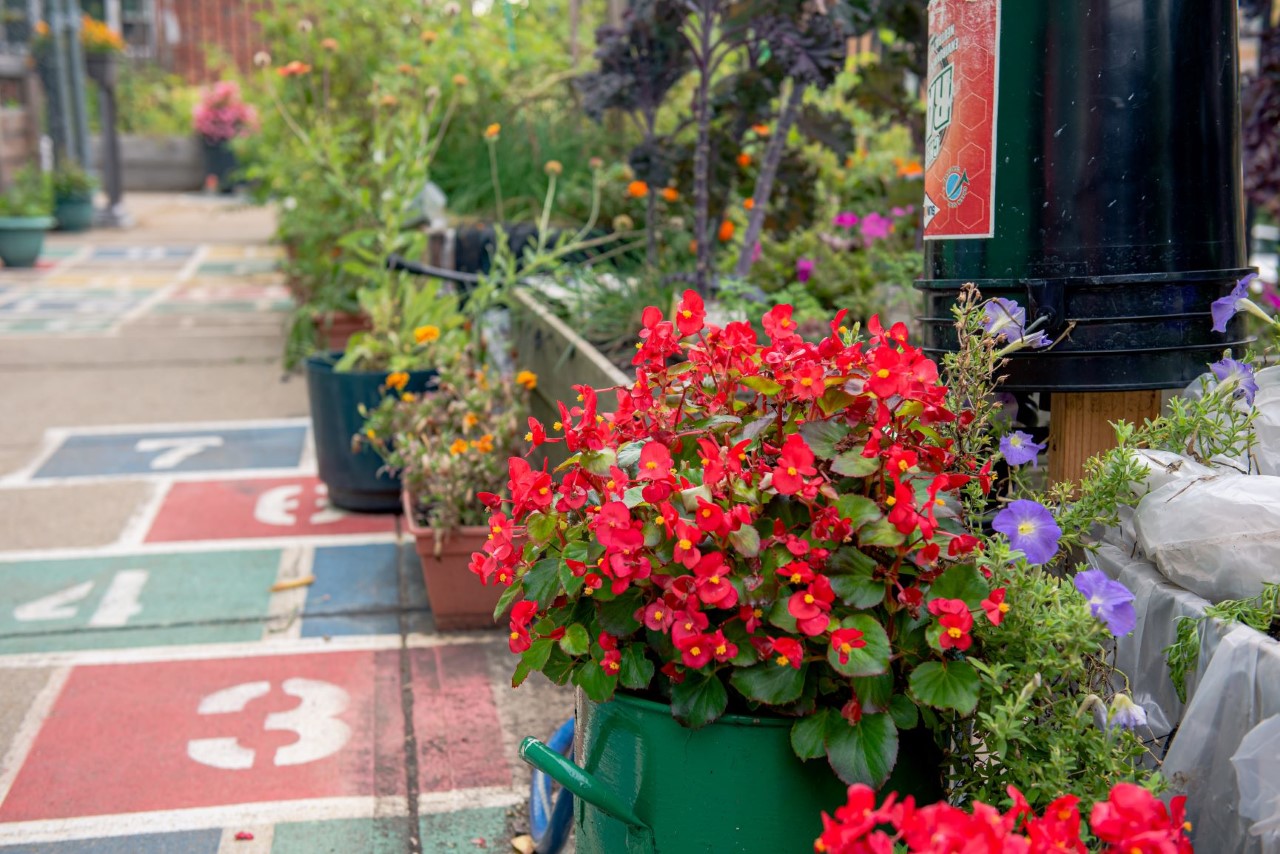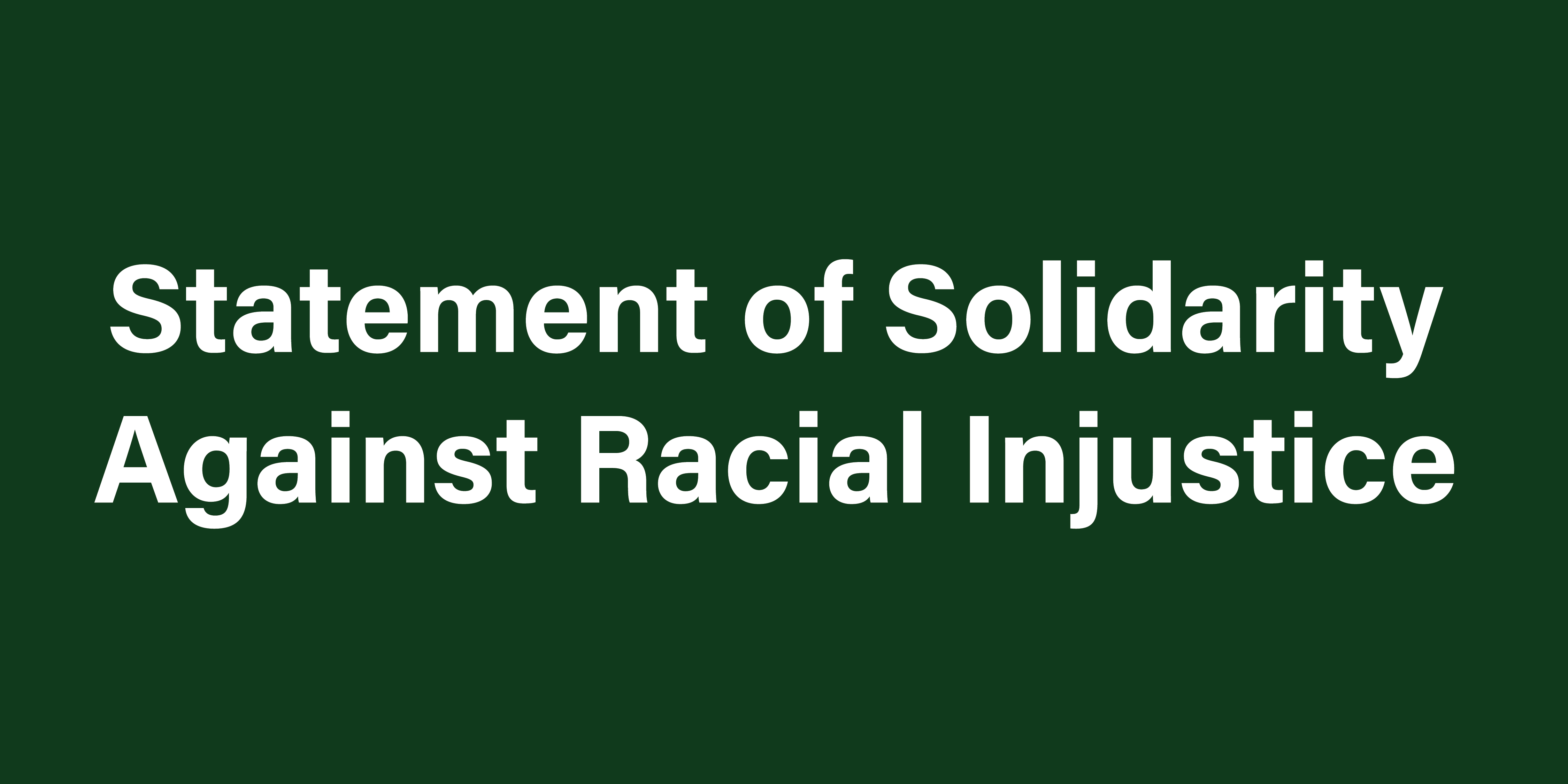In a moment where New Yorkers have turned to parks and gardening to ease the mental and emotional strain the Covid-19 pandemic has taken on residents, when the need for education surrounding nutrition and health couldn’t be more critical, the same nonprofits that make green space and nutrition education possible are in danger of going under, while vital city agencies like the New York City Parks Department’s GreenThumb program are facing severe budget cuts.
To date, GrowNYC School Gardens’ program has helped create 824 school gardens, the most in the nation, with a goal of having every New York City school have a garden of its own.
Following the Great Recession in 2010, the School Garden program was founded in partnership with GrowNYC, GreenThumb, and the Department of Education to create sustainable learning gardens in public schools. Since inception, the program has led over 400 free gardening workshops, hosted annual giveaways for seeds, soil, plants, lumber, and tools, and funded 650 yearly mini grants to make school gardens accessible.
The gardens come in a range of shapes and sizes. From pollinator gardens in outdoor raised beds to indoor hydroponics labs producing 25,000 pounds of greens, all share the goals of connecting kids with the natural world, inspiring healthy eating, and building community.
The end of the fiscal year is looming, and nonprofits like GrowNYC School Gardens face a reckoning. Because of government budget cuts, many are letting staff go and slashing program offerings just when the pandemic has generated an all-time high in gardening interest. In early June, GrowNYC’s Beginner Gardener Intensive, a free week of virtual gardening classes, drew over 1300 participants.
In New York City, access to school gardens is not equal. Green space is limited. Lack of resources, garden knowledge, support, funding, and community involvement are the primary reasons school gardens fail. Schools in socially affluent neighborhoods often have active PTAs to support maintenance and fundraising, while schools in lower socioeconomic areas often do not. These factors, coupled with the environmental challenges of growing in New York--rats, contamination, legal obstacles to obtain growing spaces-- make non-profit partners essential.
This is especially true for schools in underserved communities.
If we look at communities disproportionately impacted by Covid-19, they have the following in common: all are located in low socioeconomic areas with the least access to green space and the highest rate of diet-related diseases, primarily impacting people of color.
And yet the possibilities for gardens to flatten the curve in inequality are endless. In Corona, Queens, the garden at PS 14 was built in a concrete schoolyard after a science teacher, Bianca Biblioni, attended a Raised Bed Building workshop and picked up tools and seedlings from GrowNYC giveaway events outside of school hours. The garden is used for outdoor yoga, as a performance space for band and violin, and to teach culturally responsive-sustaining STEAM: Science, Technology, Engineering, Arts & Mathematics.
For Bianca, the garden has been pivotal in engaging students with disabilities and English Language Learners because her students can observe concepts that are difficult to grasp in textbooks. Through the garden, Bianca introduces the ways in which plants are used across cultural diasporas from the Huichol people of Mexico to the Ashanti people of West Africa. They have also grown corn, beans, and squash, known as the “Three Sisters” in Native American culture, to learn about Lenape companion planting.
And last year, after the tragic passing of a student, classmates grew lavender, lemon balm, and mint for the school’s crisis center, where scent was used to soothe grieving students.
Without support from community partners, Bianca says the garden would not exist for her Title One school.
“I’m not sure how we would fund the garden, let alone train future teachers as garden leaders without partners like GrowNYC...Our kids would miss opportunities to connect our garden to the wider world.” Before Covid-19, nutrition education programs were already lacking in forty four percent of all elementary schools citywide according to A Is For Apple, a study of nutrition education programming conducted by Teachers College in March 2018.
Cutting garden programs erases years of work by dedicated volunteers like Bianca, making it disproportionately harder for under-resourced schools to receive the free materials they rely on to keep gardens growing, furthering the gap in education inequality. It is vital that our elected leaders, foundations, and individuals invest in these outdoor learning labs and nutrition education programs now more than ever. The health and wellbeing of our city’s children depends on it.
Author: Kristin Fields is the Director of GrowNYC’s School Gardens program, a former high school English teacher, and the author of two novels. All opinions are her own.








